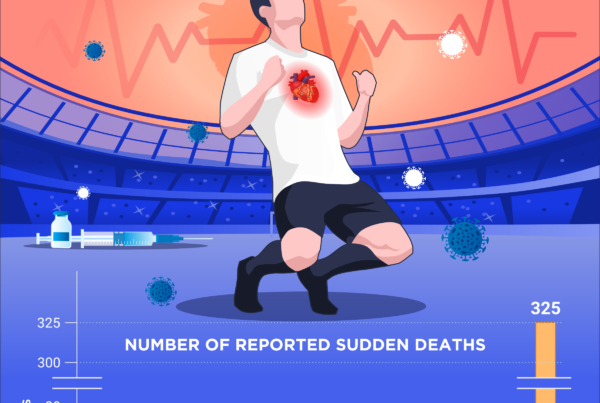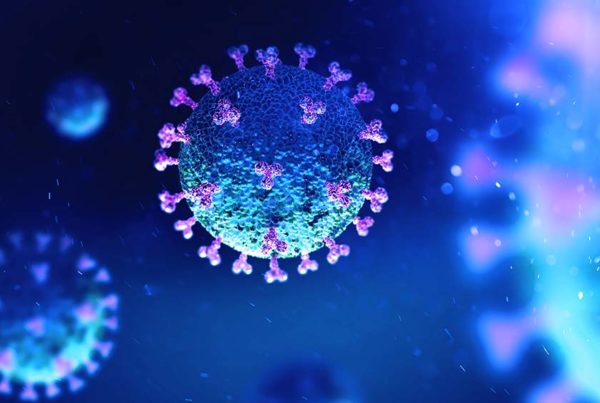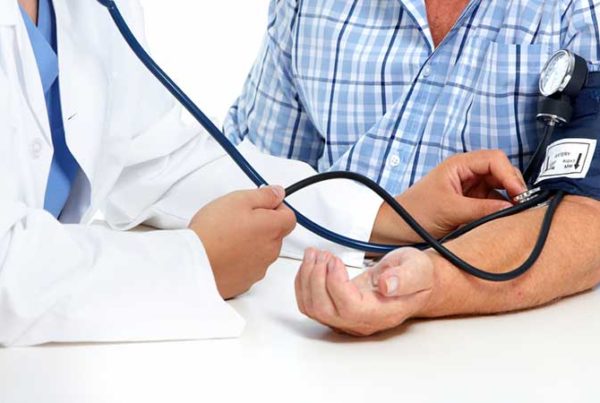
Wherever you work out, intestinal bacteria go along for the ride — and they can make you faster or slower
Have you reached your athletic potential? Too many people never do as injuries, poor health, excess body fat and other problems get in the way. Tapping into everything a healthy body offers can change all that.
Science has shown us how much more there is to exercise performance success, including the importance of the brain, feet, fat-burning and others — and now the gut. One of the most overlooked components to better athletic performance is what has been called the “hidden organ” — gut bacteria.
Regardless of how well you perform now, improving the gut can further improve performance, from 5K to marathon or ultras, cycling roads or trails, triathlons, working out at the gym or walking.
The gut’s role is two-way. So while exercising muscles are a potent modulator of intestinal microbiota, helping the right gut bugs thrive can also help muscle performance. Trillions of gut bacteria, our microbiota, are also performing right along with our muscles, and when they do it well, muscle function and other areas of metabolism can directly improve overall body performance.
Among the performance benefits good gut bugs offer:
- Improved VO2max.
- Fatty acid production that can contribute to muscle energy.
- Glycogen-sparing effects.
- Improved muscle balance, and presumably a better gait.
- Boosting immunity.
- Reduced hunger.
- Increased endurance.
- Healthy genetic expression for more health benefits.
- Reduced inflammation to prevent or treat various injuries.
- Lowered carbohydrate intolerance (improved insulin sensitivity).
In addition to the long known benefits of absorbing nutrients to help muscles, oxygen utilization, heart function and others, the gut can slow us down if it’s not happy. Gut stress can produce abnormal signs and symptoms as the majority of competitors have them. It can ruin your race.
In addition, some benefits may not be realized when body fat is excessive (easily determined by comparing your waist and height). This may be due to metabolic stress, including ongoing chronic inflammation. If your body fat is high, addressing this problem is a priority, otherwise gut stress may be ongoing and a vicious cycle of poor gut function, reduced health and poor performance is maintained. One of the fastest ways to reduce body fat and weight, while improving gut function and burn more fat is to personalize your diet using the Two-Week Test. This may mean reducing carbohydrate intake (of course, eliminating junk food is a priority too).
By now you’re thinking, which probiotic should I take to get faster! There is none! It’s the diet that not only controls our exercise performance at least as much if not more than training, but is also a primary factor that promotes the right gut bacteria. This recent article discusses this topic further.
The A Bomb
While probiotics, and prebiotics, play valuable roles in gut health, the common use of antibiotics can have devastating and immediate effects on them. Each pill is like an atomic bomb, destroying life in the gut. While a serious infection may require antibiotic therapy, their misuse is too common, creating an unhealthy gut. As the wrong gut bugs flourish, the result can be poor muscle and gut function, including reduced glycogen stores, and impaired exercise performance.
Muscle Cross-talk
Emerging evidence about how muscles communicate with most other parts of the body has been building over the years. From bones and organs, to brain and liver, it also appears muscles talk to our gut bugs too, and visa-versa. In fact, this is why some experts are calling the bacteria in our gut can a hidden organ.
Nutrition, training, attitude, genetics and other factors affect our fitness. So do gut bugs. Keeping them healthy is one more key to better performances.
References
Allen JM, et al. Exercise Alters Gut Microbiota Composition and Function in Lean and Obese Humans. Med Sci Sports Exerc. 2018;50(4):747-757. doi: 10.1249/MSS.0000000000001495.
Hawley JA. Microbiota and muscle highway – two way traffic. Nat Rev Endocrinol. 2019. doi: 10.1038/s41574-019-0291-6.








